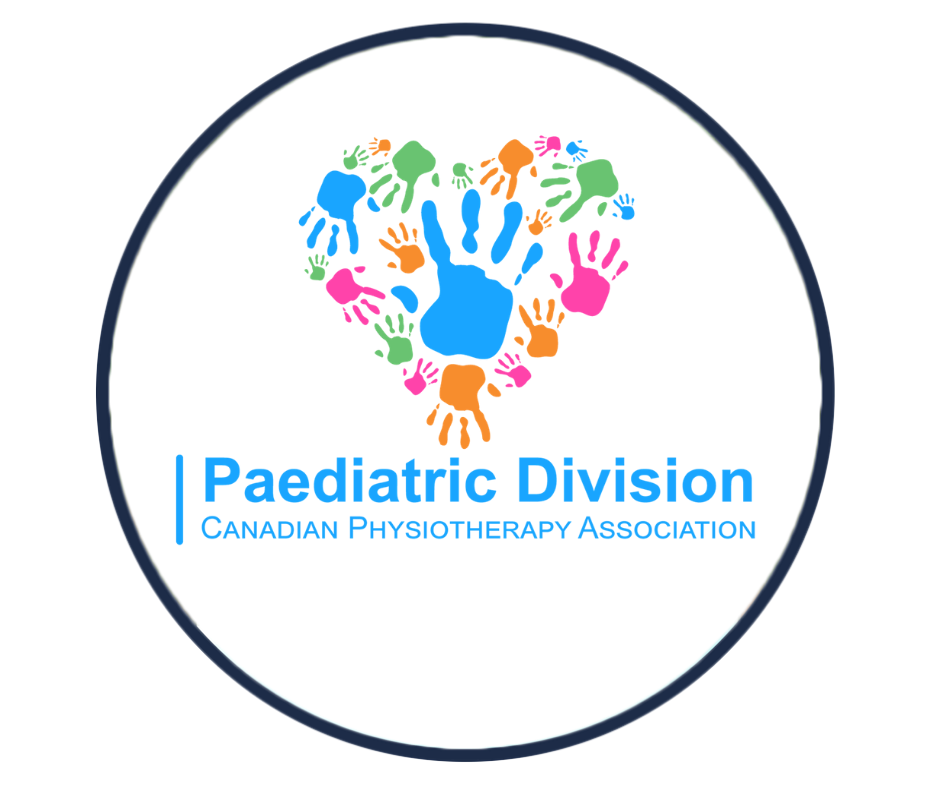Postural Development and Very Low Tone

Postural Development and Very Low Tone
1 hour
Overview
Children with extremely low tone, from a variety of different diagnoses, are at high risk for spinal deformities and secondary adverse respiratory events.
We know this risk exists, yet too often the approach seems to be “wait and see if this becomes a problem.”
Mary Massery will argue that spinal collapse is a problem before you see the scoliosis. She will suggest a prophylactic management of the spine, starting in infancy, based on a model of managing trunk pressures (soda pop can model). She will apply the concepts to a child with cerebral palsy who was at high risk of consequential spinal deformity, watching his postural development from 1 - 10 years of age.
Join the Paediatric Division of the Canadian Physiotherapy Association for this live webinar 'Postural Development and Very Low Tone: Is it possible to avoid disaster?'
Please note that this webinar will be recorded and made available as an on-demand course on Embodia for free to all who register for the webinar. The course will be available for purchase for those who don't register for the webinar.
Audience
This webinar is open to all healthcare professionals who are interested in better understanding postural development and tone. This includes physiotherapists, chiropractors, and kinesiologists.
Pricing and Recording Information
This webinar will be recorded and made available on Embodia Academy as an on-demand course. The course will be free for all registrants and be available for purchase for everyone else.
The cost to register for this webinar is as follows (all prices are in CAD):
- Regular registration: $25
- CPA member registration $10
- Members of the paediatric division of the CPA: Free (please check your emails or contact the division for details)
CPA - Embodia Partnership Information
As part of our partnership with the CPA, we offer its members a discount. These discounts can include discounted registration to webinars (like this one!)
CPA Members get:
- 25% off the Embodia Tier 1 and 2 Memberships
- 30% off all CPA on-demand courses
- 20% off all Embodia on-demand courses
- Special prices on webinars (these vary based on the webinar so there is no set % discount)
In order to get access to the CPA discounts on Embodia, you need to authenticate yourself as a CPA member. You only need to do this once. You can authenticate your CPA account by signing into the CPA portal on this page.
If you have any further questions or require further assistance please let us know by emailing us at support@embodiaapp.com
The instructors

The Paediatric Division is a special interest group within the Canadian Physiotherapy Association. Our membership consists of clinicians from all practice settings, students, educators, researchers, physiotherapy assistants and administrators all of whom have a passion for promoting participation and enhancing the lives of children and their families. We are dedicated to provide resources and information for paediatric patients and their families to promote participation and function independence in all aspects of life.
Paediatric physiotherapists employ clinical expertise in the early detection of health problems, treatment, education and management of congenital, developmental, neuromuscular, skeletal, cardiorespiratory or acquired disorders/diseases. Paediatric physiotherapists work with children of all ages, from infants through young adulthood to promote participation and functional independence. Paediatric physiotherapists have a unique role in that they not only work with the child, but also their families in the context of their daily home, school and recreational environment.
Paediatric physiotherapists use validated outcome measures to assess the level of strength, flexibility, gross-, and fine-motor coordination and overall functional capabilities to determine participation limitations or restrictions as a result of injury, disease or disability.
Through analysis of objective assessment findings, the paediatric physiotherapist uses evidence-based treatment interventions specifically tailored to the client and their family's goals. Treatment interventions focus on improving gross and fine motor skills, balance and coordination, strength and endurance, as well as cognitive and sensory processing/integration.
